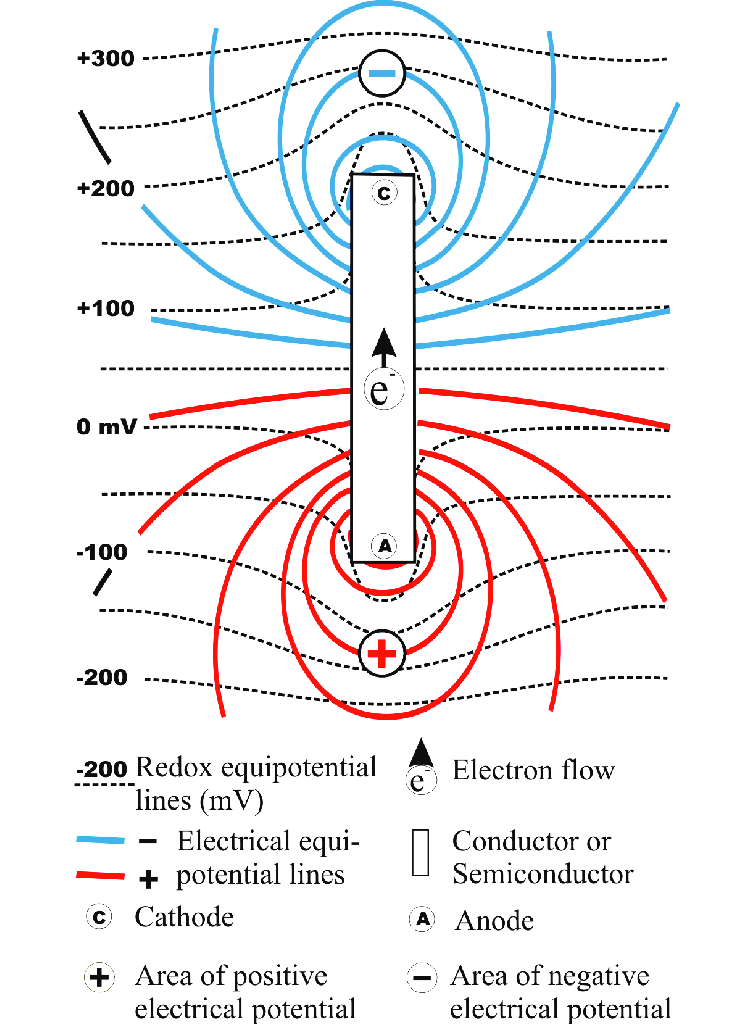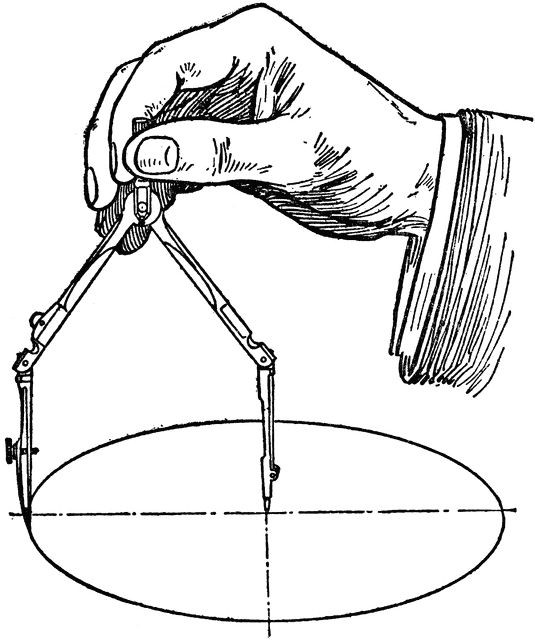First Love
1 John 4:19 We love him, because he first loved us.
https://www.youtube.com/watch?v=xfrsSoBkigM&ab_channel=jay-aie
🕊Blest be the tie that binds
our hearts in Christian love;
the fellowship of kindred minds
is like to that above.🕊
Having departed from the temple, Jesus said, "Do not the guests assemble in the antechamber before entering the feasthall?
There, the hands and feet are washed, the head anointed, and small foods to whet the
appetite are eaten.
Even so is the Earth the antechamber of the Kingdom of Heaven."
mid 17th century (as antichamber ): from French antichambre, from Italian anticamera, from anti- ‘preceding’ + camera (see chamber).
firmament (n.)
mid-13c., from Old French firmament or directly from Latin firmamentum "firmament," literally "a support, a strengthening," from firmus "strong, steadfast, enduring" (from suffixed form of PIE root *dher- "to hold firmly, support" ).
Used in Late Latin in the Vulgate to translate Greek stereoma "firm or solid structure," which translated Hebrew raqia, a word used of both the vault of the sky and the floor of the earth in the Old Testament, probably literally "expanse," from raqa "to spread out," but in Syriac meaning "to make firm or solid," hence the erroneous translation
dependable; reliable.
"the defence is solid"
2Th 2:6
And now ye know what withholdeth that he might be revealed in his time.
For the mystery of iniquity doth already work: only he who now letteth will let, until he be taken out of the way.
style (n.)
early 14c., stile, "writing instrument, pen, stylus; piece of written discourse, a narrative, treatise;" also "characteristic rhetorical mode of an author, manner or mode of expression," and "way of life, manner, behavior, conduct,"
Letter/He who now letteth
Follow the pen
Isa 8:1/H2747 kheh'-ret; from a primitive root meaning to engrave; a chisel or graver; also a style for writing:—graving tool, pen.
From Middle English scribe, from Old French scribe (“scribe”), from Late Latin usage of scriba (“secretary”) (used in the Vulgate Bible translation to render Ancient Greek γραμματεύς (grammateús, “scribe, secretary”), which had been used in its turn to render the Hebrew סופר (“writer, scholar”)) from scribere (“to write, draw, draw up, draft (a paper), enlist, enroll, levy; orig. to scratch”), probably akin to scrobs (“a ditch, trench, grave”). Doublet of shrive.
The verb sense used in carpentry comes from the way a workman uses a compass to mark a line before cutting.



